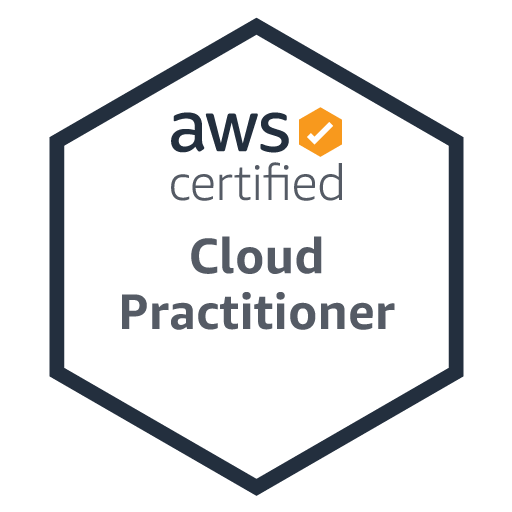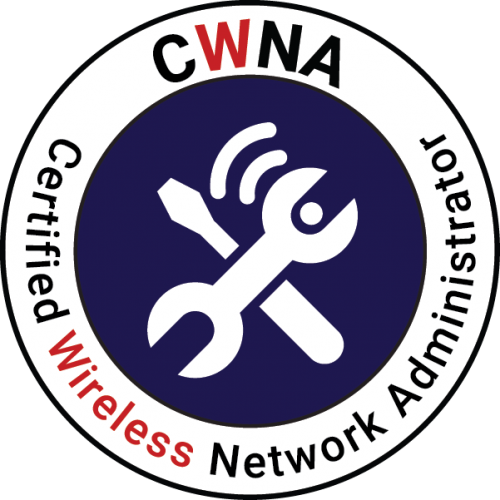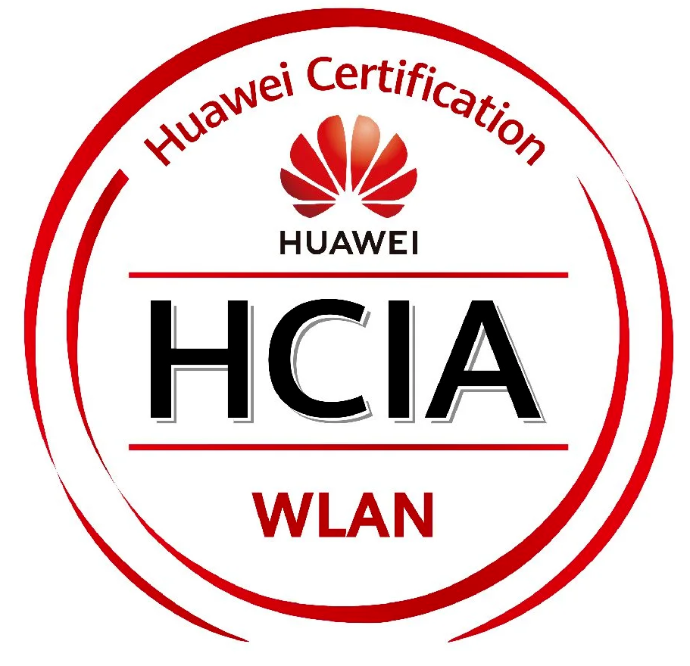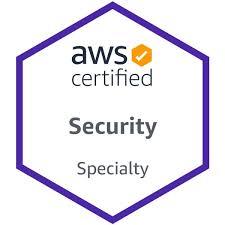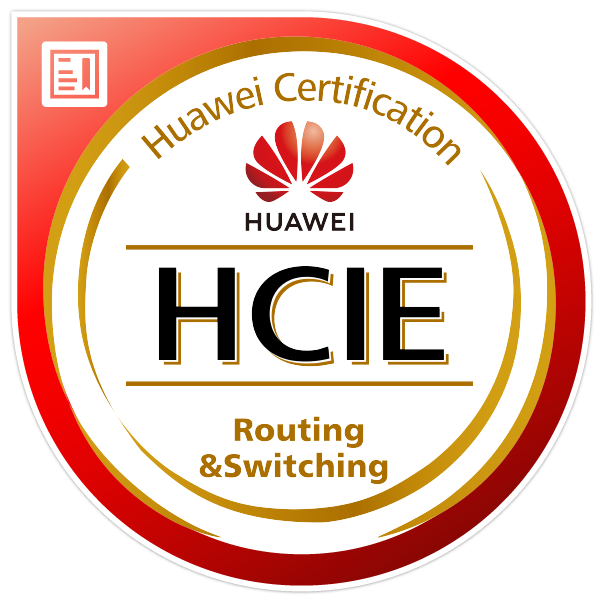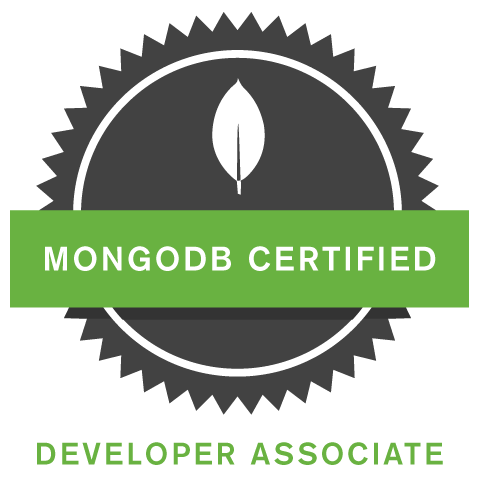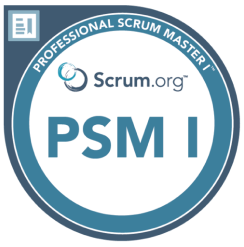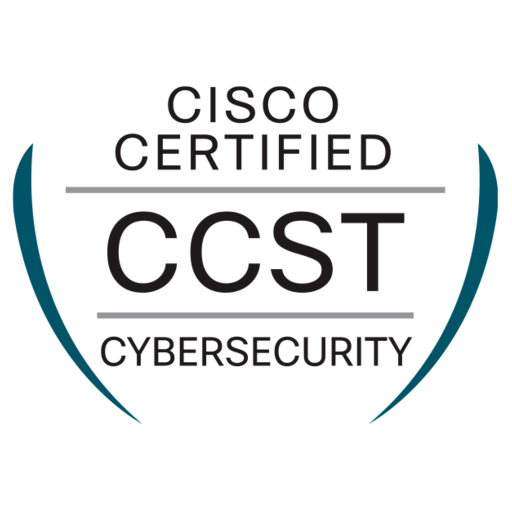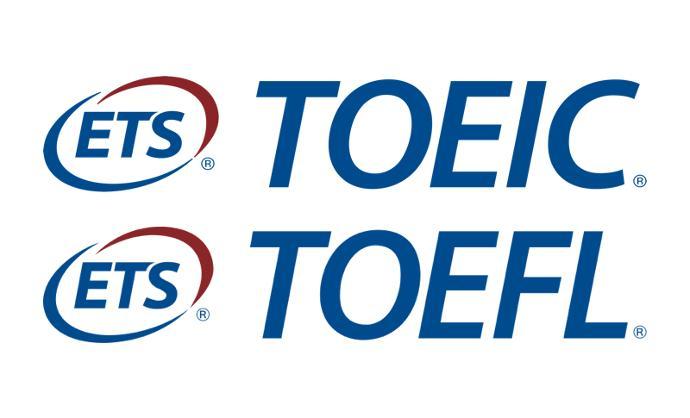Engineer in Telecommunications
General Objectives
This program aims to train telecom engineers capable of designing, deploying, operating, and optimizing modern telecommunications systems and networks, whether fixed, mobile, satellite, or optical. It integrates cutting-edge technologies such as 5G, the Internet of Things (IoT), cybersecurity, cloud computing, and artificial intelligence. The program also emphasizes a strong understanding of the regulatory, economic, and project management dimensions of communication infrastructures and services.This engineering program prepares students to take on key roles in Telecommunications Engineering. Targeted careers include: Telecommunications Engineer, Network Architect, Radio Frequency (RF) Engineer, Mobile Network Engineer (3G/4G/5G), IoT Solutions Engineer, Optical Network Specialist, Satellite Communications Engineer, Network Security Specialist, Cloud & Edge Infrastructure Engineer, and SDN/NFV Engineer. Graduates will be ready to contribute to the design and management of advanced communication systems across sectors such as telecom operators, aerospace, smart cities, transport, and public services.
Specific Objectives
Equip students with the necessary skills and techniques to:
- Design and implement complex network architectures, including IP technologies, mobile networks (3G, 4G, 5G), optical networks, and software-defined networks (SDN).
- Apply signal processing, modulation, coding, and transmission techniques to optimize the performance of modern communication systems.
- Develop and integrate software and embedded solutions in real-time environments, mastering operating systems, microcontrollers, and appropriate programming languages.
- Assess network security and implement cybersecurity mechanisms suited to critical telecommunications infrastructures.
- Analyze the economic, regulatory, and organizational issues related to the deployment and operation of telecommunication infrastructures, while incorporating project management constraints.
PROGRAM
Programming and Software Development
- Algorithms, Data Structure and Complexity
- Programming Workshop
- Operational Research and Optimization
- Object Oriented Development
- Advanced Java
- Advanced Algorithms and Data Structures.
- Web & Mobile Development
Fundamentals of Mathematics and Physics
- Mathematical Analysis and Linear Algebra
- Probability and Applied Statistics
- Information theory
- Physics of Electromagnetic Waves
- Analog and Digital Electronics
Networks and Communication Protocols
- Computer Network Architecture
- Communication Protocols (TCP/IP, UDP, etc.)
- Mobile Networks (3G, 4G, 5G)
- Optical and Broadband Networks
- VoIP and Multimedia Communications
- Software-defined Networks (SDN)
- Cybersecurity
Communication and Transmission Systems
- Modulation and Coding of Signals
- Signal processing and Transmission
- Radio Frequency Systems
- Antennas and Wave Propagation
- Satellite Systems
- Optical Telecommunications (optical fiber)
- Wireless Communications and IoT
Computer Science and Embedded Systems
- Algorithms and Data Structures
- Object-oriented Programming
- Databases
- Operating Systems (Linux, RTOS)
- Embedded Systems and Microcontrollers
- Real-time Systems
Soft Skills
- Design Thinking
- English-TOEIC Certification
- Teamwork & Collaboration
- IT Law & Data Protection
- Business Communication
- Entrepreneurship
- Business Management
Co-op Program
Students can also follow this course on a work-study basis, which will allow them to obtain their bachelor's degree and gain professional experience at the same time.
Certifications
Horizon offers the opportunity to its students to be prepared for these certifications:


